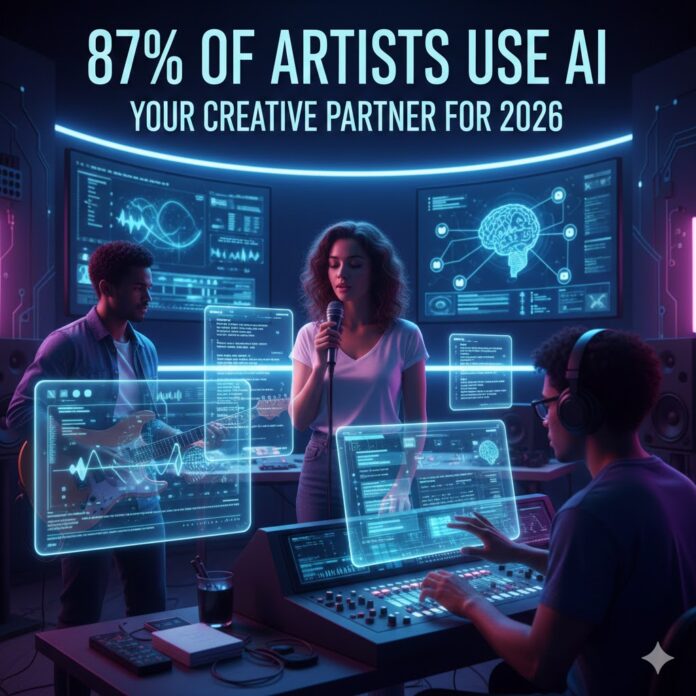
87% of Artists Are Using AI: How Should YOU Use It in 2026? 🎶
The music industry is undergoing a revolution, and the numbers don’t lie. A staggering 87% of artists are now integrating Artificial Intelligence into their creative workflow. If you’re an artist aiming to compete, innovate, and thrive in 2026, ignoring this technology is no longer an option—it’s a career risk.
AI isn’t here to replace the artist; it’s here to be your most powerful collaborator, assistant, and marketer. The key to succeeding in the future of music is adopting a smart artist AI strategy.
So, where should you focus your energy? We’ve broken down the most practical AI music tools for every stage of your creative and business process.
1. AI for Songwriting: Beating Creative Block ✍️
For many artists, the blank page is the biggest hurdle. AI songwriting tools are designed to shatter creative inertia and introduce unexpected, unique ideas.
Practical AI Applications in 2026:
-
Melody and Progression Generation: Tools like Google’s Magenta or commercial platforms can generate complex chord progressions or novel melody ideas in specific keys, tempos, or genres. Instead of starting from scratch, you feed the AI a basic riff, and it offers 10 different, mathematically sound variations. Use this as a springboard, not a final product.
-
Lyrical Inspiration and Theme Analysis: AI models can analyze thousands of songs in your chosen genre to suggest relevant themes, poetic structures, and even specific rhyming couplets. This doesn’t write your lyrics for you, but it acts as a phenomenal research assistant, ensuring your concepts resonate with your target audience.
-
Structure Mapping: Feeling stuck on the flow of your track? AI can take your musical loops and suggest dynamic arrangements, mapping out compelling verse, chorus, and bridge transitions based on established hit song structures.
Your Goal: Leverage AI to handle the “math” of music so you can focus on the “magic” and the emotion.
2. AI for Music Production: The Instant Audio Engineer 🎚️
The days of needing an expensive studio for a radio-ready track are over. AI music production software is democratizing high-quality sound, putting the power of a veteran audio engineer directly on your laptop.
Practical AI Applications in 2026:
-
Intelligent Mixing and Mastering: AI music tools like LANDR and iZotope Ozone use machine learning to analyze your mix, compare it to professional tracks in your genre, and apply nuanced, pro-level compression, EQ, and limiting. This is a massive time-saver for independent artists, achieving a polished sound in minutes instead of hours.
-
Advanced Sound Design and Sample Creation: Instead of endlessly digging through sample packs, you can use AI tools to generate completely unique drum loops, texture pads, or synth sounds based on a simple text prompt (e.g., “create a warm, evolving analog bassline in the style of 80s synthwave”).
-
Stem Separation and Remixing: Need to isolate the vocals from an old track or extract a clean drum loop from a finished song? AI stem separation tools can precisely deconstruct an entire mix into individual tracks (vocals, drums, bass, instruments), making remixing and sampling easier than ever.
Your Goal: Reduce the technical burden of audio engineering, letting AI handle the intricate details while you focus on the creative vibe.
3. AI for Marketing & Fan Engagement: Precision Targeting 🎯
Having a great song is only half the battle. In 2026, music marketing AI is essential for cutting through the noise and connecting with your core audience efficiently.
Practical AI Applications in 2026:
-
Hyper-Targeted Ad Campaigns: Forget vague demographic targeting. AI advertising platforms analyze millions of data points on listener behavior to identify exactly who is most likely to stream your music, allowing you to focus your ad spend only on those high-potential fans. This is the difference between showing your ad to 10,000 people and showing it to 100 dedicated future listeners.
-
Personalized Fan Outreach: AI-driven CRM (Customer Relationship Management) systems can automatically analyze fan engagement (comments, streams, merch purchases) and draft highly personalized email or social media responses. Imagine an AI generating a thank-you note that mentions a fan’s favorite lyric—that’s genuine connection at scale.
-
Content Generation & Social Media: AI can instantly generate variations of social media captions for different platforms, resize promotional assets, and even create short, engaging video scripts for platforms like TikTok based on trending sounds and topics. This keeps your content fresh without requiring a full-time social media manager.
-
Playlist and Data Analysis: AI tools can scour Spotify, Apple Music, and other platforms to identify relevant third-party playlists for your music based on sonic similarity and listener crossover. This dramatically cuts down on the manual outreach required to get placement.
Your Goal: Transform your marketing from a costly guessing game into a precise, data-driven operation.
The 2026 Mindset: AI as a Bandmate
The high percentage—87% of artists—aren’t using AI to cheat; they’re using it to compete. They view it not as a threat, but as an essential tool, a tireless bandmate, and a highly efficient business manager.
To truly succeed in the future of music, adopt this mindset:
-
Iterate Faster: Use AI to generate 10 demos, then pick the best one to refine.
-
Focus on Emotion: Let AI handle the complexity of the mix; you focus on delivering a killer performance.
-
Scale Your Business: Use AI to handle the tedious work of marketing and data analysis, freeing up your time for songwriting and touring.
The time to start your AI for artists journey is now. Embrace the technology, and you won’t just keep up—you’ll lead the way.




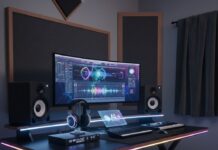
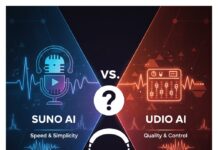
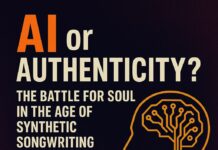











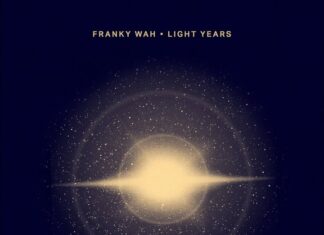
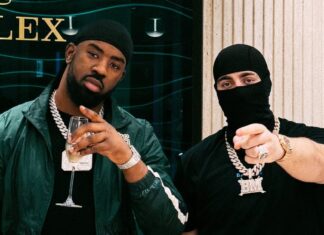

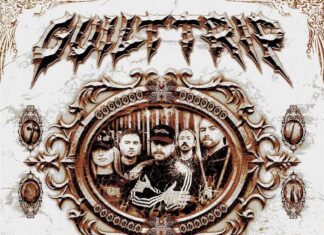


 🔥 Limited Time: Get 55% OFF All Plans - Ends in:
🔥 Limited Time: Get 55% OFF All Plans - Ends in: